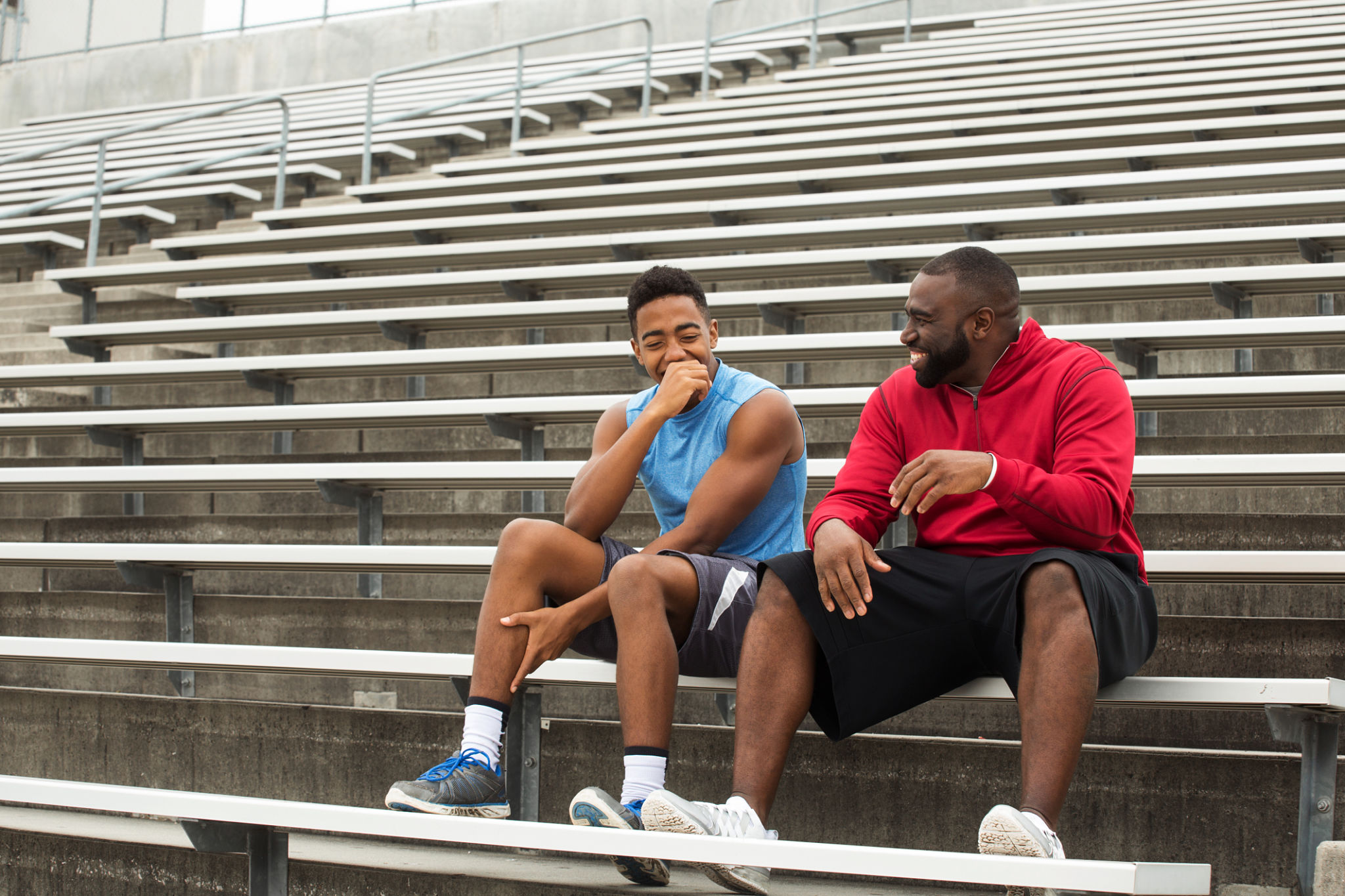The Importance of Psychological Conditioning in Sports Training
The Role of Mental Toughness in Athletic Performance
In the world of sports, physical training often takes center stage. Athletes put in countless hours to hone their physical abilities, striving for peak performance. However, an equally crucial aspect that sometimes gets overlooked is psychological conditioning. This aspect is fundamental in shaping an athlete's mental toughness and resilience. Understanding and implementing psychological conditioning can be the difference between winning and losing.

Understanding Psychological Conditioning
Psychological conditioning in sports refers to the process of training the mind to improve focus, confidence, and emotional control. It involves techniques that help athletes manage pressure, overcome anxiety, and maintain concentration even under challenging circumstances. This mental preparation enhances an athlete's ability to perform consistently, regardless of the situation.
The Benefits of Psychological Conditioning
There are several benefits to incorporating psychological conditioning into sports training:
- Enhanced Focus: Athletes can maintain unwavering attention on their goals, minimizing distractions during competitions.
- Increased Confidence: Mental conditioning helps build self-belief, enabling athletes to trust their abilities and make decisive moves.
- Stress Management: Learning to control emotions and handle pressure effectively can prevent performance dips in high-stakes situations.
- Resilience: Athletes become better equipped to bounce back from setbacks and continue striving for success.

Techniques for Effective Psychological Conditioning
Athletes and coaches can employ various techniques to enhance psychological conditioning. Some popular methods include:
- Visualization: This involves mentally rehearsing successful performances, which boosts confidence and prepares athletes for different scenarios.
- Mindfulness: Practicing mindfulness techniques can increase awareness of thoughts and feelings, helping athletes stay present and focused.
- Goal Setting: Setting clear and achievable goals provides direction and motivation, allowing athletes to measure progress effectively.
The Coach's Role in Psychological Conditioning
Coaches play a pivotal role in integrating psychological conditioning into sports training. They are responsible for creating a supportive environment where athletes feel comfortable discussing mental challenges. Coaches can also guide athletes in adopting mental strategies that complement their physical training regimens.

Case Studies: Success Stories
The impact of psychological conditioning is evident in numerous success stories across various sports. For instance, many elite athletes credit visualization and mindfulness as key components of their training routines. These techniques have helped them achieve remarkable feats and maintain consistency at the highest levels of competition.
Conclusion: Balancing Mind and Body
The importance of psychological conditioning in sports cannot be overstated. It is a powerful tool that complements physical training, providing athletes with the mental fortitude needed to excel. By embracing mental conditioning techniques, athletes can achieve a balanced approach to training, leading to improved performance and greater personal fulfillment.
